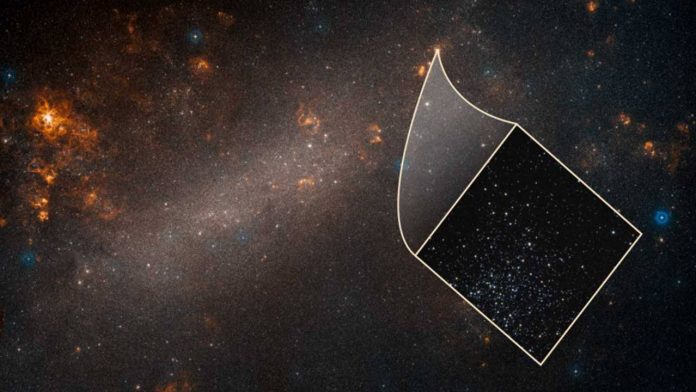The Hubble Space Telescope has taken new measurements that have confirmed that the Universe is expanding about 9% faster than expected based on the trajectory seen shortly after the big bang.
Trying to measure the universe’s expansion rate has been the key quest for physicist for years. The rate of the universe’s expansion is called the Hubble Constant, unsurprisingly measuring the growth of a universe is really hard, but it has been done before.
Big bang afterglow
Using measurements from the cosmic microwave background which is the afterglow of the big bang scientists had estimated the Hubble Constant should be 67.4 kilometers (41.9 miles) per second per megaparsec, with less than 1 percent uncertainty.
Now using new methods of measurements, a team of researchers has calculated the absolute brightness of 70 Cepheid variables in the Large Magellanic Cloud more accurately than ever before.
Their new calculations put the Hubble Constant at 74.03 kilometers (46 miles) per second per megaparsec. That’s about nine percent faster than than the original estimates. The new calculations have also reduced the chance that the measurement is fluke down to 1 in 100,000.
New physics on the horizon
“The Hubble tension between the early and late Universe may be the most exciting development in cosmology in decades,” said astrophysicist Adam Riess of the Space Telescope Science Institute (STScI) and Johns Hopkins University.
“This mismatch has been growing and has now reached a point that is really impossible to dismiss as a fluke. This disparity could not plausibly occur by chance.”
Astronomers guess that the increase in the speed is due largely to an increase in the density of dark energy. This very mysterious energy is theorized to make up about 70 percent of the matter-energy density of the Universe.
Most astronomers around the globe agree that it is the reason for the acceleration of the Universe’s growth.
Dark matter plays a role
However, there are other options such as that the universe’s dark matter is interacting more strongly with normal matter than astronomers have accounted for. But even more exciting is the proposition that we don’t know what is causing the expansion because our current understanding of physics is too limited.
“This is not just two experiments disagreeing,” Riess said.
“We are measuring something fundamentally different. One is a measurement of how fast the Universe is expanding today, as we see it. The other is a prediction based on the physics of the early Universe and on measurements of how fast it ought to be expanding. If these values don’t agree, there becomes a very strong likelihood that we’re missing something in the cosmological model that connects the two eras.”
The team’s results have been accepted for publication in The Astrophysical Journal.















